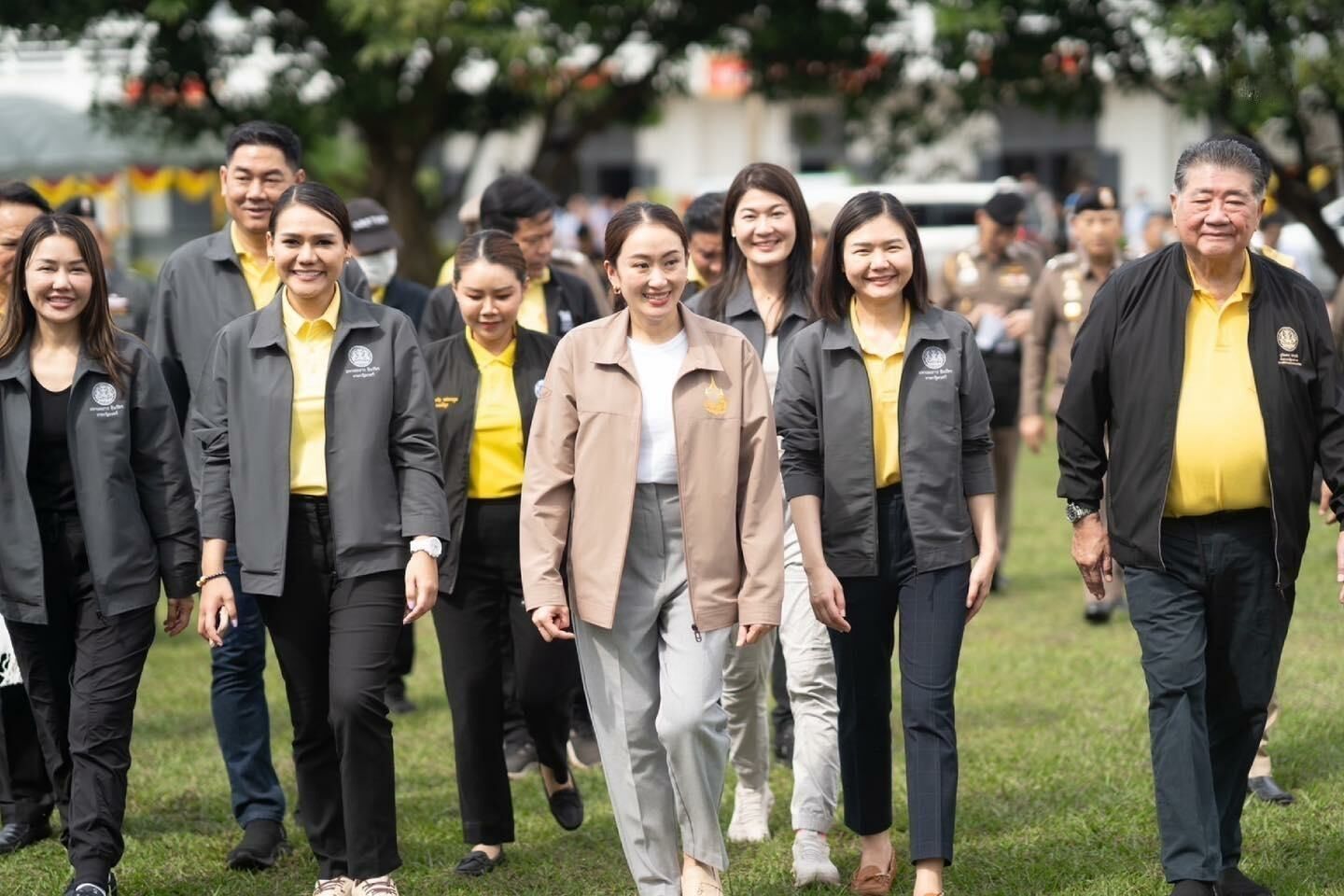Pheu Thai seeks easier referendum rules amid legislative clash

The Pheu Thai Party is making moves to amend the constitutional referendum requirements, aiming to ease the passage of such referendums by reducing the size of the majority needed.
Prayut Siripanich, a member of the ruling party and deputy chairman of the joint House-Senate committee on the referendum bill, announced that discussions will take place tomorrow, November 5, to address disagreements over the double majority rule between the two legislative chambers.
The referendum bill, already approved by the House, proposes changes to the double-majority rule, making it less stringent for referendums to pass. However, the Senate has reinstated the original conditions, which demand that at least half of all eligible voters participate in a referendum and that the winning option secure support from at least half of those voters.
Yesterday, November 3, the House decisively voted 348 to zero against the Senate’s insistence on the double majority rule. This led to the formation of the joint House-Senate committee to resolve these differences. If an agreement is not reached, the bill will be put on hold for 180 days, after which it could pass if the House maintains its stance on a simpler majority requirement.
Prayut expressed his intention to propose lowering the majority requirement for referendums from half of all eligible voters to roughly 20 to 30%.
“The requirement of at least 50% of the number is too much, particularly when it comes to issues which attract little interest from the voters. The threshold should be lowered to about 20 to 30%.”
Find common ground
Regarding potential resistance from senators, Prayut noted the necessity for committee members to find common ground and progress. He refrained from commenting on whether the Pheu Thai‘s efforts to amend the charter might be delayed due to a 180-day suspension of the referendum bill, indicating that clarity would come after tomorrow’s meeting.
The governing party previously suggested it might consider delaying the charter amendment until after the next election, provided certain compromises are reached. Nikorn Chamnong, secretary of the joint House-Senate panel on the charter referendum bill, mentioned last week the growing possibility that the amendment might not be completed before the next general election in 2027.
In light of Nikorn’s comments, Prime Minister’s Office Minister Chousak Sirinil, who also serves as the party’s chief legal expert, outlined three potential paths to passing the revised constitution: waiting 180 days for parliamentarians to resolve their differences, reaching a compromise that allows the process to proceed without delay, or adhering to the original referendum requirement for amendment passage.
Conversely, Akkaradet Wongpitakrote, spokesperson for the United Thai Nation Party, voiced opposition to Pheu Thai’s proposal to hasten the constitutional amendment process by reducing the number of referendums from three to two.
The current government plan involves holding a referendum to gauge public support for drafting a new charter. If a majority agrees, a second referendum would ask if Section 256 should be amended to allow for a new charter’s drafting.
Once a new constitution is crafted, a third vote would be held for public approval or rejection of the changes, reported Bangkok Post.
Latest Thailand News
Follow The Thaiger on Google News:


























